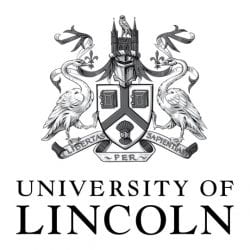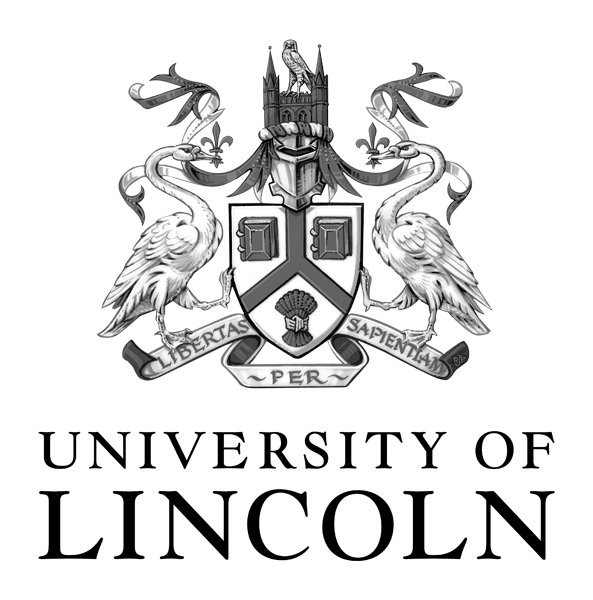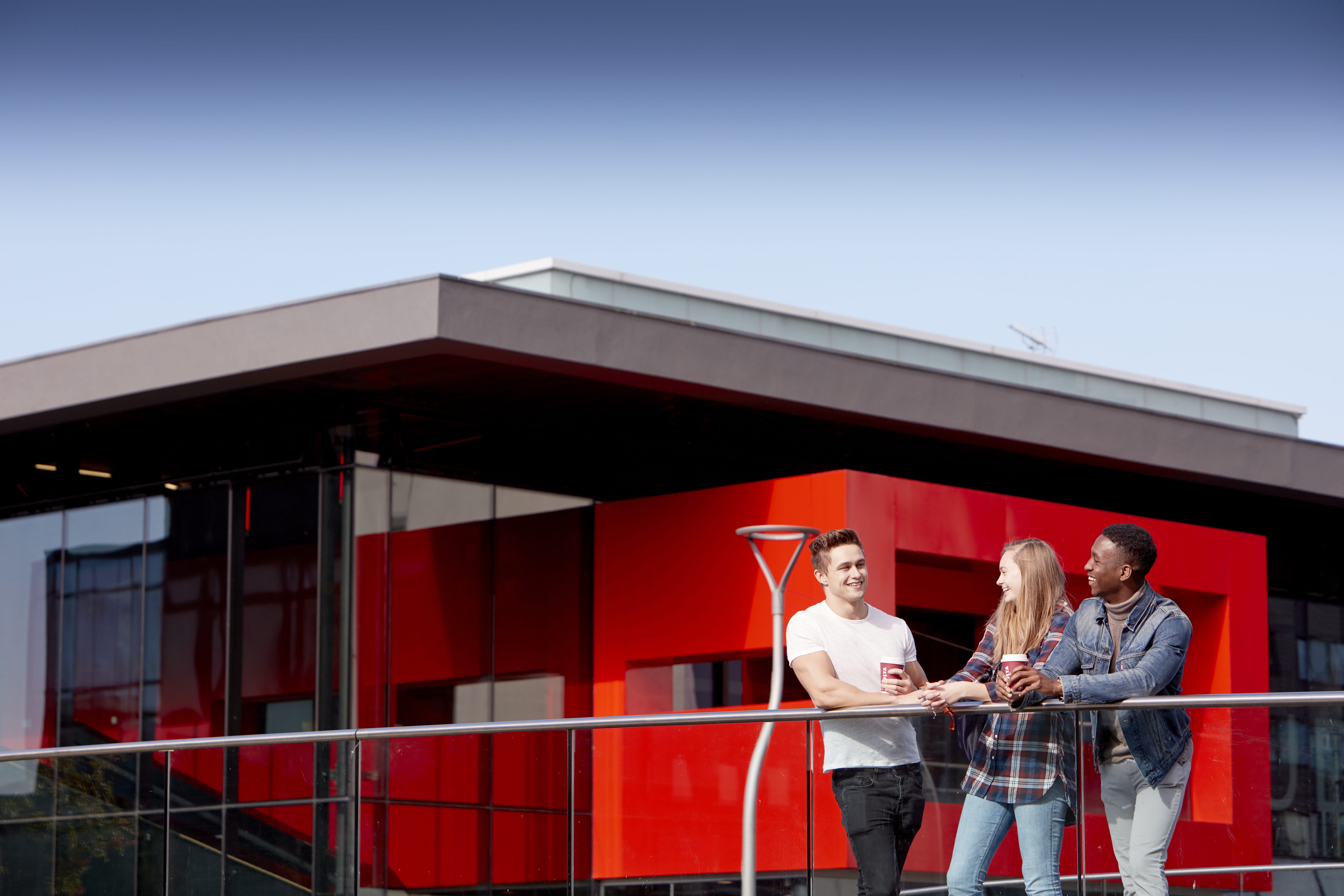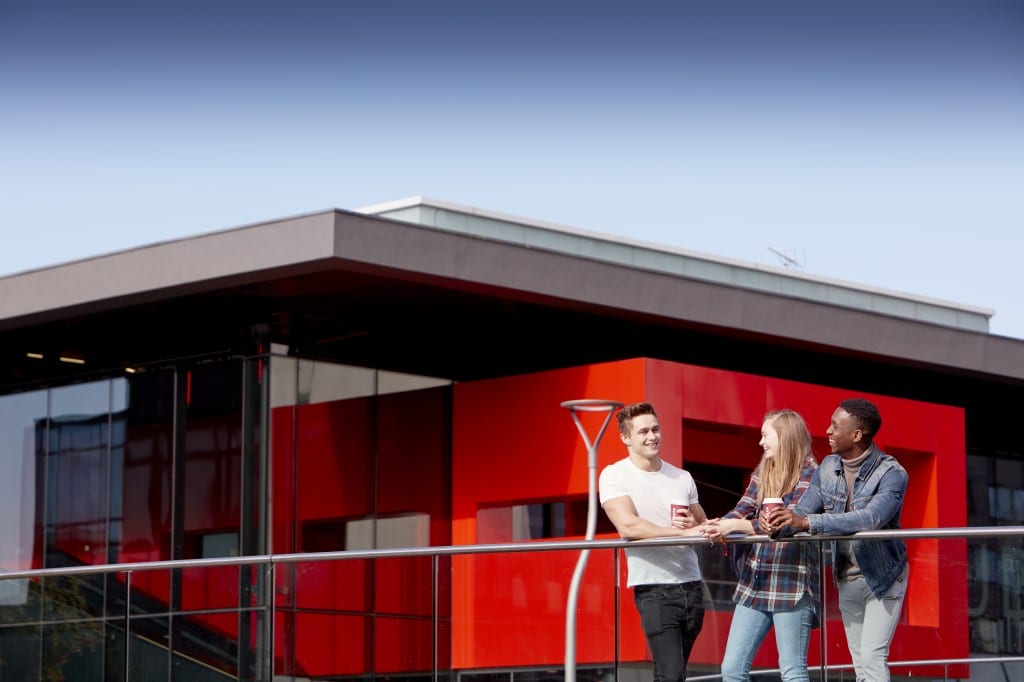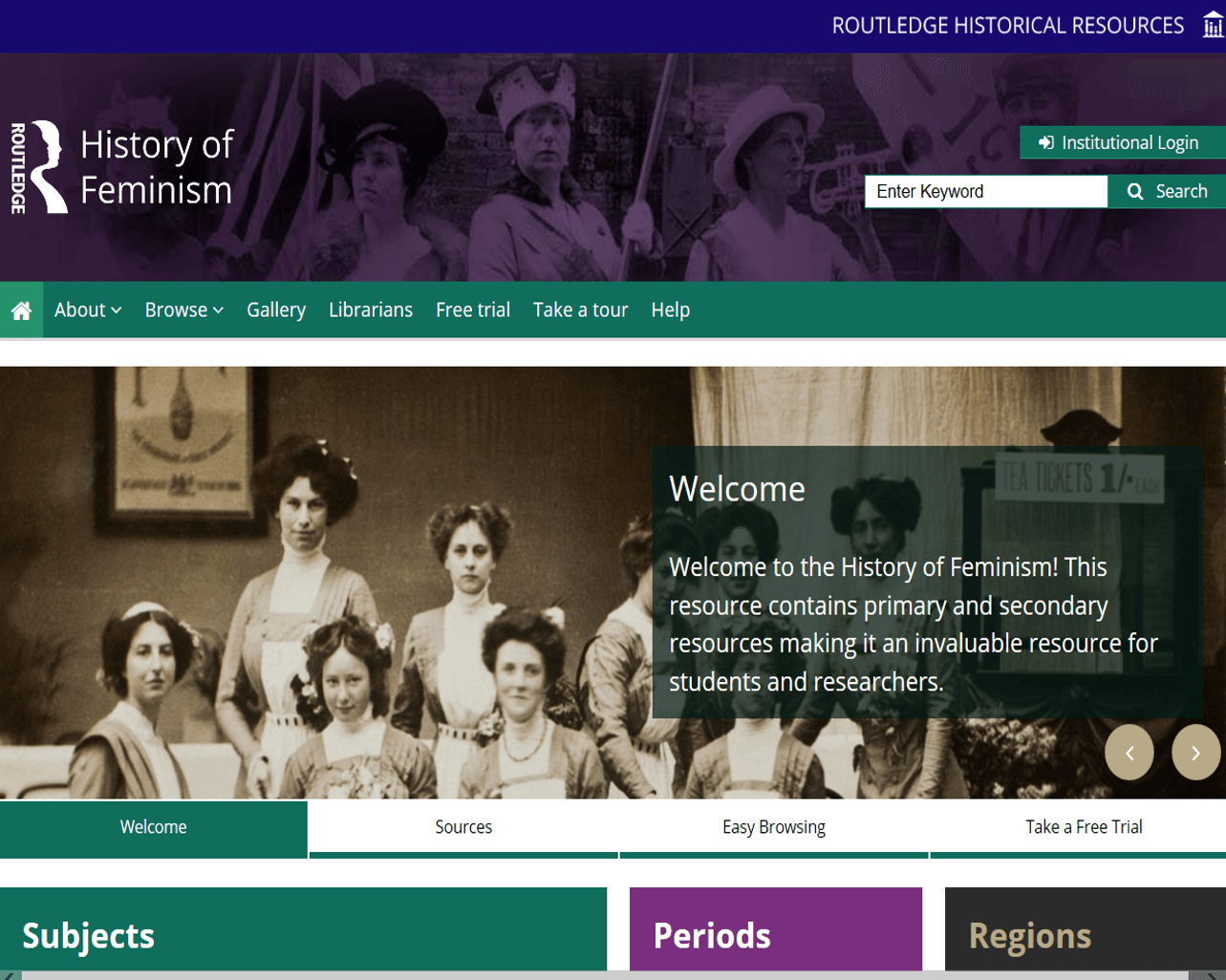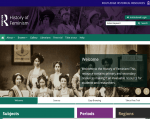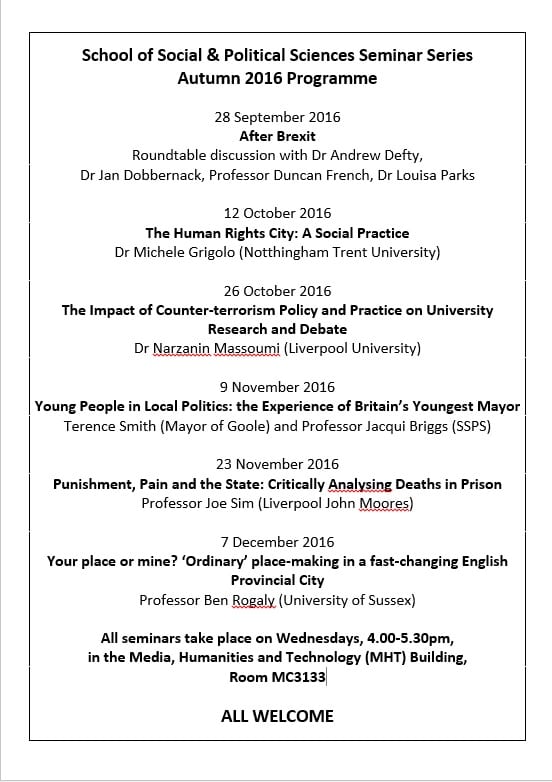One of the UK’s first People’s Peers will give a revealing account of life behind the scenes in the House of Lords in the first instalment of a new season of free public guest lectures at the University of Lincoln.
Lord Victor Adebowale of Thornes CBE, Chancellor of the University and a cross-bench member of the House of Lords since 2001, will offer audiences a glimpse into the day-to-day activities of Parliament’s Upper Chamber, revealing fascinating behind-the scenes stories and details not widely known among the public, closing with a question and answer session.
The talk, titled Everything you wanted to know about the House of Lords but were afraid to ask, will take place at 11.30am on 10th October 2016 at the Engine Shed on the University’s main Brayford Pool Campus. Admission is free but prior booking is essential.
The event is the first in the 2016/17 season of the University of Lincoln’s Great Minds guest lecture series. Great Minds aims to provide inspirational insights into different aspects of society – from the entertainment world to elite sport and public life – for school and college students in Years 11, 12 and 13. A limited number of places are also available to the public.
Lord Adebowale said: “I’m looking forward to the lecture. I think ‘great minds’ might be a stretch in my case but I don’t think my audience will blame me for trying!”
As well as being a member of the House of Lords, Lord Adebowale is Chief Executive of Turning Point, a health and social care organisation providing services for people with complex needs such as substance misuse, mental health issues or learning disabilities.
He has a passionate interest in public service reform to ensure that those who need public services most have access to them, and talks widely on poverty, social exclusion, equality and human rights, leadership and change management.
Lord Adebowale has been a member of the House of Lords since 30 June 2001, and became Chancellor of the University of Lincoln in December 2008. He also sits on the board of NHS England and the national Co-operative, and regularly appears in the national media commenting on issues relating to health, social care and public policy.
Previous Great Minds speakers have included the Astronomer Royal Professor Lord Martin Rees, Speaker of the House of Commons the Right Honourable John Bercow MP, and the Poet Laureate Dame Carol Ann Duffy. Upcoming speakers for the 2016/17 season will be revealed shortly.
To book a place at a Great Minds guest lecture, click here. Alternatively, email events@lincoln.ac.uk or phone 01522 837100. Admission to the lecture is free but booking is essential. Priority will be given to groups from UK schools and colleges.
